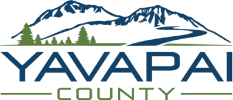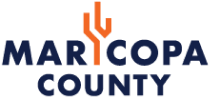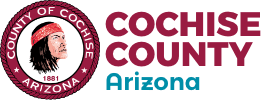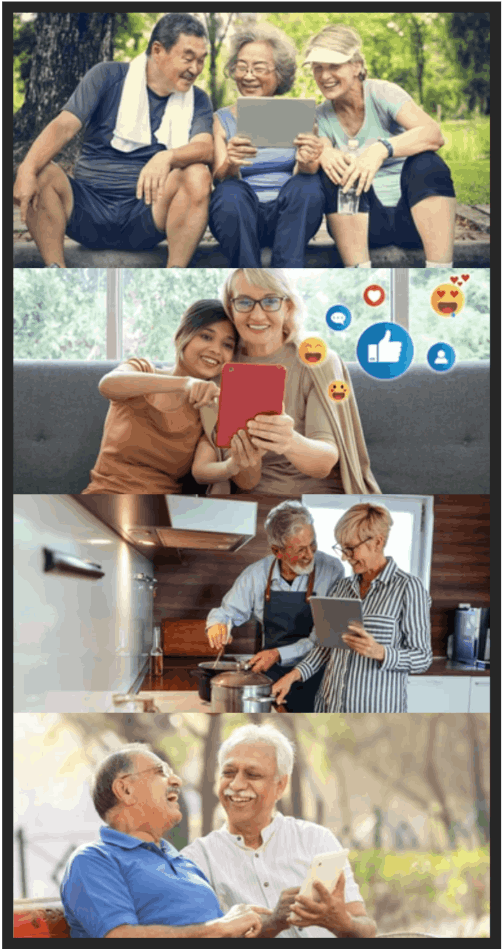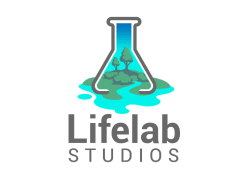We are Journey.do
Your partner in transformation.
At Life Lab Studios, we’ve created Journey.Do—an innovative process that partners with assisted living centers, Healthcare Organizations, Nonprofit and Government Agencies, and Faith-based organizations to deliver personalized care and small group journeys tailored to the unique needs of seniors.
An innovative program that partners with assisted living centers to help seniors grow, thrive, and live fulfilling lives. Designed to address the unique challenges of aging, Journey.Do provides tools, support, and actionable insights that empower caregivers and communities to foster lasting wellness, connection, and resilience for older adults.
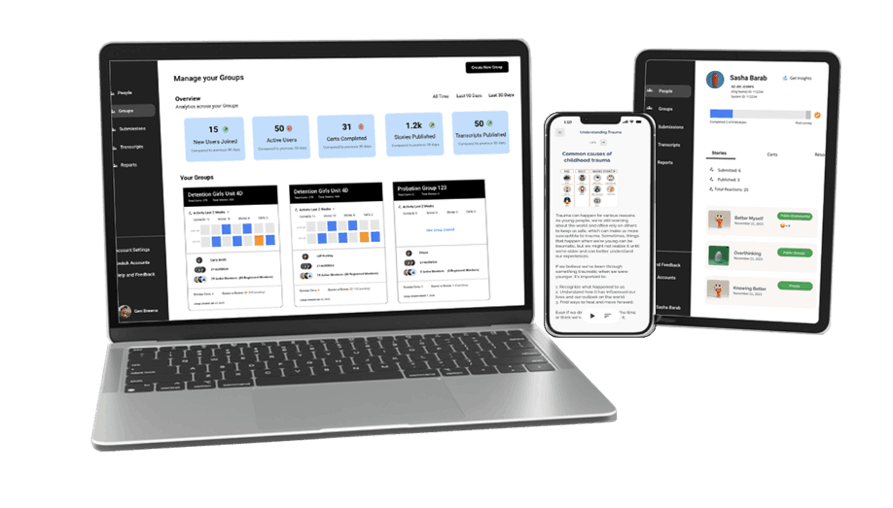
Connected Growth Platform
Research-based, connected growth platform that supports anytime, anywhere small group growth journeys. Participants connect with peers, share stories, learn useful skills, and receive validation, creating an environment of mutual growth and support.

Personalized Wellness Coaches
Life and educational coaches guide every step of the journey, alleviating burdens on staff while ensuring program fidelity. Coaches provide strength-based feedback and personalized care, using evidence-based practices to ensure quality care.
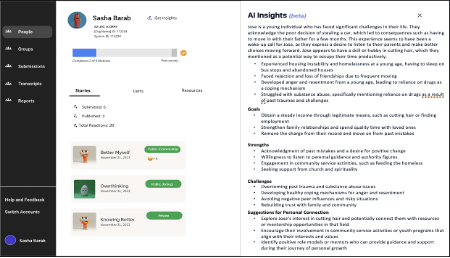
Generative Artificial Intelligence
Advanced AI delivers personalized insights and feedback, driving consistent and impactful growth. Gain actionable insights and identify patterns, create growth and transition plans, and to improve outcomes across individuals and organizations.



